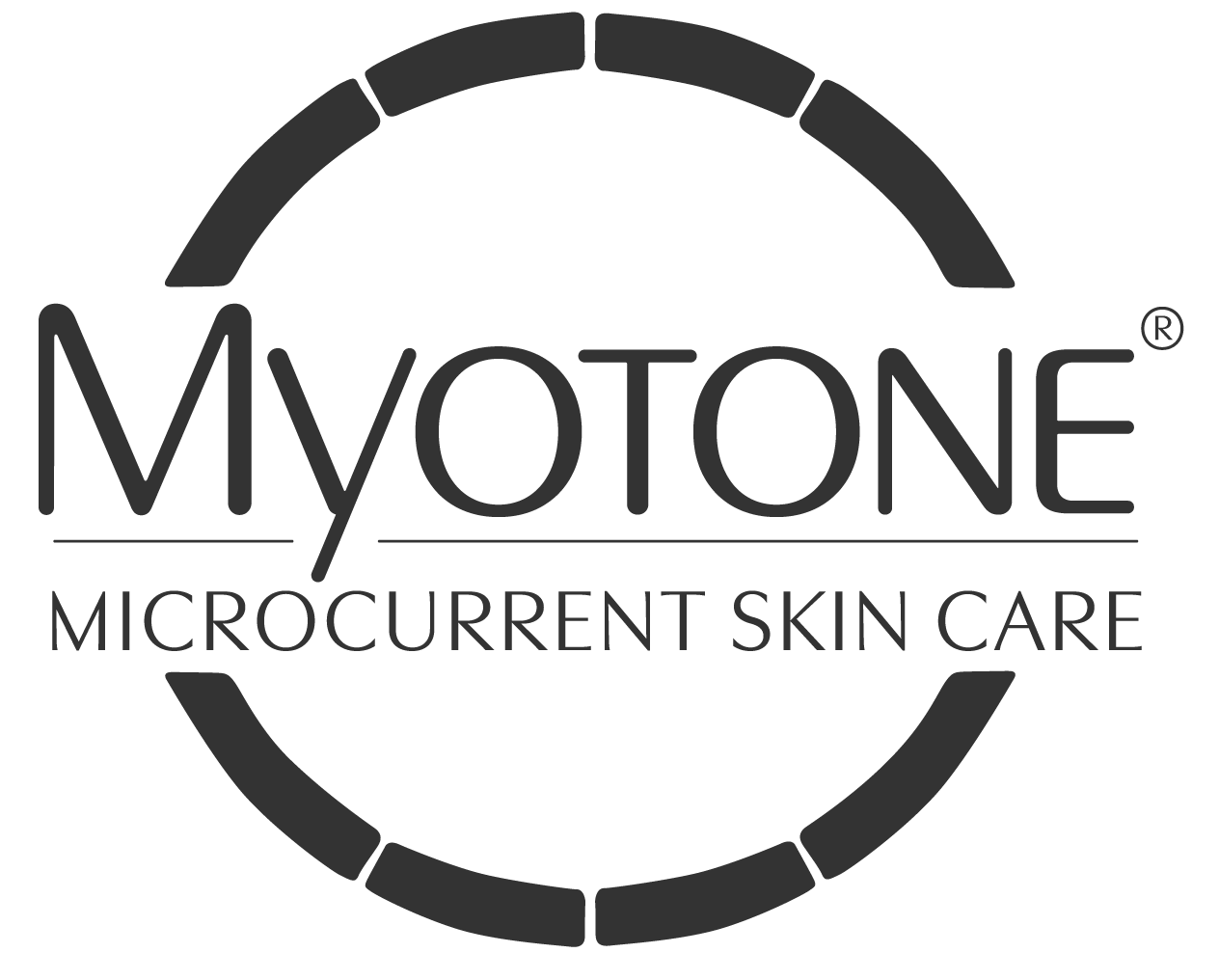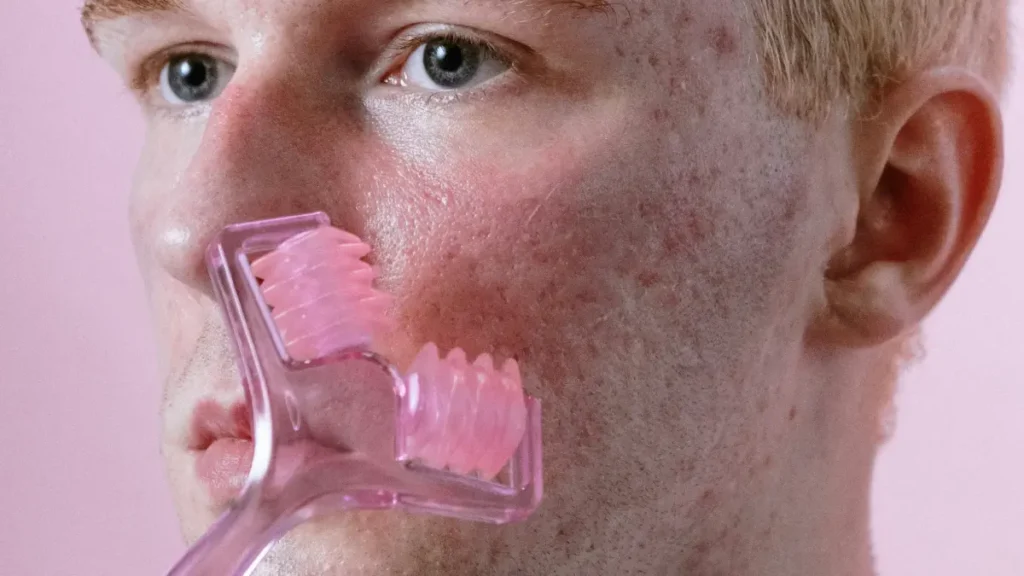We spend so much time perfecting our skincare routines—cleansing, moisturizing, applying SPF—but what if the secret to clearer skin is hiding in our haircare? The products we use on our hair, the way we style it, and even how often we wash it can directly affect our skin. If you’re struggling with breakouts, irritation, or dullness, your hair routine might be the unexpected culprit.
1. Hair Products Can Clog Pores
Many hair products, including conditioners, leave-in treatments, and styling sprays, contain occlusive ingredients like silicones, oils, and waxes. While great for keeping hair sleek and frizz-free, these ingredients can transfer onto your skin, clogging pores and causing breakouts—especially along the hairline, jaw, and back.
2. Sulfates and Harsh Cleansers Can Strip Your Skin
Shampoos with sulfates (like sodium lauryl sulfate) create a rich lather but can also strip natural oils from your scalp and skin. If you have sensitive skin, these harsh cleansers can lead to dryness, irritation, and even increased oil production as your skin tries to compensate.
3. Your Hair Can Carry Bacteria and Oil
Throughout the day, your hair collects sweat, oil, and environmental pollutants. When left unwashed for too long or when touching your face frequently, this can contribute to acne and irritation. The same applies to pillowcases—if your hair is coated in product or hasn’t been washed, it can transfer onto your pillow, leading to overnight breakouts.
4. Fragrance and Irritants Can Cause Sensitivity
Many hair products contain artificial fragrances, alcohols, and preservatives that can trigger allergic reactions or sensitivities. If you notice redness, itching, or small bumps on your forehead, back, or shoulders, your shampoo or conditioner might be to blame.
Best Practices for Healthy Skin & Hair
1. Choose Non-Comedogenic Hair Products
Opt for haircare products labeled “non-comedogenic” or “won’t clog pores,” especially if you’re prone to acne. Look for lightweight, water-based leave-in conditioners and styling products instead of heavy oils or waxes.
2. Wash Your Hair Regularly (But Not Too Often)
How often you should wash your hair depends on your hair type, but washing too infrequently can lead to excess oil buildup, which can contribute to breakouts. If you use a lot of styling products, consider washing your hair every other day to prevent residue from affecting your skin.
3. Keep Hair Off Your Face
If you have acne-prone skin, avoid letting your hair constantly touch your face. Try tying it back during workouts and while sleeping to prevent oil and product transfer.
4. Wash Your Pillowcases & Hair Accessories
Since hair can transfer oil and product to your bedding, change your pillowcases at least once a week. If you use headbands, bonnets, or scrunchies, wash them regularly to prevent bacteria buildup.
5. Be Mindful in the Shower
When rinsing out shampoo and conditioner, let the water run down your back instead of your face to avoid product residue clogging your pores. Try washing your face after rinsing your hair to remove any leftover buildup.
6. Use Gentle, Fragrance-Free Haircare If You Have Sensitive Skin
If you notice redness or irritation along your scalp, hairline, or back, switch to fragrance-free shampoos and conditioners designed for sensitive skin.
The Bottom Line
Your haircare routine plays a bigger role in your skin’s health than you might think. By choosing the right products, keeping your hair off your face, and washing your pillowcases frequently, you can help prevent breakouts and irritation. A few simple swaps in your routine might be all it takes to get clearer, healthier skin.

This article is brought to you by

Learn More ⭢



